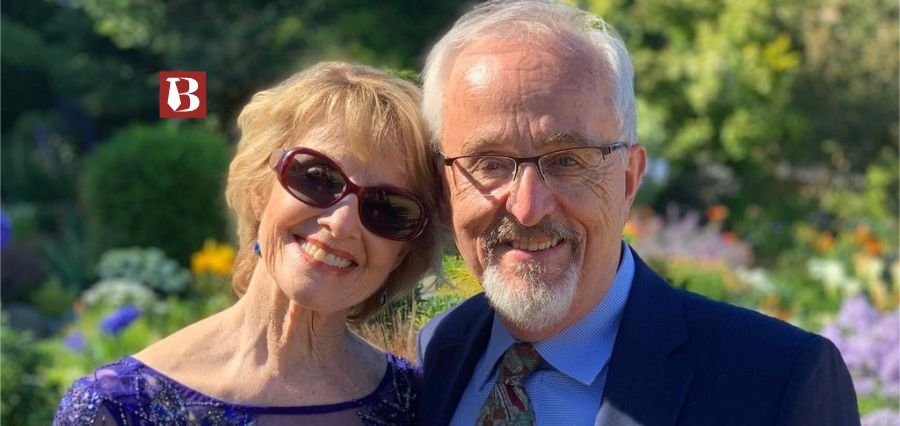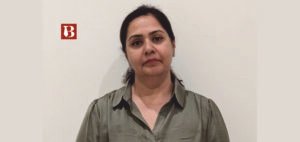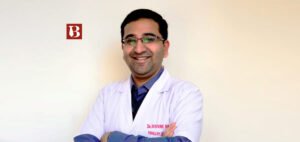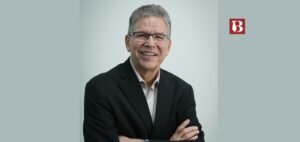The power of education is a lifelong catalyst, igniting minds, shaping purpose, and unlocking potential at every stage of life.
Education, often referred to as the great equalizer, has the unmatched potential to transform lives, uplift communities, and shape the future of nations. It transcends borders, class, and gender, offering every individual a pathway to discover their potential. It not only promotes equity and opportunity but also instils the foundation for a healthy, meaningful, and economically secure life. When guided by mentorship and fuelled by curiosity, education becomes more than a process; it becomes a life mission.
The Man Who Devoted His Life to Education
For over five decades, Professor Richard Larson exemplified this belief through his exceptional academic journey at the Massachusetts Institute of Technology (MIT). From teaching and research to writing and advising, Dr. Larson’s legacy stands as a shining beacon in the field of operations research and technology-enabled learning. A distinguished professor, author, engineer, and visionary, Richard Larson’s unwavering commitment to education has touched thousands of lives across the globe.
Why His Story Matters Today
In an age where education is constantly evolving with new technologies and societal needs, Professor Larson’s work offers timeless insights. His dedication, humility, and relentless pursuit of innovation remind us of the transformative role educators play. As both a scholar and a mentor, he’s not only contributed to shaping policy and pedagogy but also empowered generations of students to think critically, ask questions, and chart their own paths. This article delves into the life, work, philosophies, and legacy of a man who changed the course of modern education, Richard C. Larson.
A Humble Beginning with Towering Dreams
Richard Larson was born in 1943 in Bayside, Queens, New York City. From a young age, he experienced the dynamic shift of environments, moving from New York to Pennsylvania and later settling in North Plainfield, New Jersey. These transitions perhaps shaped the adaptable and forward-thinking persona he would come to embody later in life.
After graduating from Needham High School, Massachusetts, Larson enrolled at MIT, where he completed his Bachelor’s, Master’s, and PhD degrees in Electrical Engineering. It was during this academic pursuit that he found his enduring love for analytical thinking, mathematical modelling, and systems optimization, hallmarks of operations research.
Discovering a Passion for Interdisciplinary Learning
While still in high school, Richard developed an early inclination toward physics, finding it conceptually engaging and methodically sound. However, his dislike for chemistry and the memorization-heavy nature of biology revealed his preference for logic-driven subjects. Early on, he knew he didn’t want to remain confined to one siloed discipline.
This passion for crossing disciplinary boundaries would later define his academic and research trajectory. Richard envisioned his work as a bridge between traditional silos, enabling dynamic transitions between teaching, research, advising, and system-building. His commitment to interdisciplinary exploration helped lay the foundation for future educational structures that embrace complexity and interconnectivity.
From Student to Faculty: The MIT Years
Professor Richard Larson’s professional career is deeply rooted in MIT, where he dedicated over 55 years to teaching and research. Starting in the Department of Electrical Engineering, he gradually became associated with five distinct departments, eventually contributing significantly to the Institute for Data, Systems, and Society (IDSS).
His versatility and ability to adapt to different educational environments are a testament to his commitment to lifelong learning. He often described education as the best investment one could make; an asset that nobody could take away. In his words, it was a “breathtaking ladder to new destinations.” His belief that education is the greatest human asset inspired many of his students to persevere and achieve excellence.
Transformative Teaching Moments That Changed Lives
Among the countless stories of his mentorship, one particular moment stands out. A student, disheartened by a poor grade, approached Professor Larson with the intention of dropping out of his class. But instead of accepting the decision, Larson initiated a deep, honest conversation. He empathized, encouraged, and reignited the student’s interest in the subject. Under his mentorship, that very student went on to become an ‘A’ grader.
Such stories are not exceptions; they are the norm in Professor Larson’s classroom. His empathetic, student-first approach created an atmosphere of respect, growth, and confidence, where learning wasn’t just about grades, but personal development.
Trailblazing Achievements in Operations Research
Richard Larson’s influence extends far beyond the classroom. A pioneer in operations research, he served as president of the Operations Research Society of America (ORSA) from 1993 to 1994 and later as past president of INFORMS (Institute for Operations Research and the Management Sciences) in 2005. His 15-year tenure as co-director of MIT’s Operations Research Center further amplified his impact.
From urban service systems and logistics to pandemic modelling and smart-energy innovations, Larson’s research has contributed to a better understanding of complex real-world systems. His work not only informed policy and planning but also played a vital role in responding to crises like the COVID-19 pandemic.
Innovating the Future of Education: BLOSSOMS Initiative
Professor Larson spearheaded the MIT BLOSSOMS (Blended Learning Open Source Science or Math Studies) initiative, aimed at transforming secondary education worldwide. The initiative focuses on creating interactive video lessons in STEM fields, which are shared freely with educators and students across developing countries.
By merging technology with pedagogy, Larson’s BLOSSOMS project sought to bridge educational gaps and offer high-quality resources to underserved communities. It is this blend of compassion and innovation that defines his vision for a more inclusive educational future.
Philosophies That Defined His Teaching Approach
Despite evolving curricula and emerging technologies, Richard Larson’s fundamental teaching principle remained unchanged: engaging students meaningfully. His ability to simplify complex topics and relate them to real-world issues made his classes both rigorous and relatable.
He particularly enjoyed teaching about queuing theory and airline scheduling, concepts from operations research that students could immediately connect with. For Larson, teaching wasn’t about information transfer but transformation, helping students see the world through a more analytical, solution-oriented lens.
Leadership Through Inspiration, Not Conformity
When asked about what makes a visionary leader in education, Professor Larson emphasized curiosity, critical thinking, and courage. According to him, true leaders don’t follow the crowd; they lead it. They ask questions others are afraid to ask and seek answers in unconventional ways.
Larson’s philosophy nurtured students who became not just experts in their fields but ethical, informed citizens. He encouraged them to break boundaries, take intellectual risks, and challenge the status quo, qualities that shaped many future educators, scientists, policymakers, and entrepreneurs.
His Lasting Legacy: A Role Model for All Educators
Reflecting on his legacy, Professor Larson humbly stated that he wishes to be remembered as someone who loved what he did. His work was never ‘just a job.’ He viewed teaching, mentoring, and research as a mission, an opportunity to add value not only to the field of operations research but to society as a whole.
His students have gone on to become prominent figures in academia, government, and industry. The ripple effect of his mentorship is far-reaching and enduring, creating a lineage of leaders who carry his lessons into new arenas of impact.
Accolades That Mark a Stellar Career
Throughout his illustrious journey, Professor Larson received numerous accolades, including the prestigious Lanchester Award for his first book, Urban Police Patrol Analysis. He also won multiple “Best Paper of the Year” awards, often co-authored with his students, a testament to his collaborative spirit.
His research on H1N1 vaccine distribution, STEM workforce dynamics, and education system modelling has earned national recognition, including the Lawrence M. Klein Award from the U.S. Department of Labor. Featured in major publications like The New York Times, his work continues to shape public discourse on education and operations management.
A Legacy That Transcends Titles
Richard Larson’s life is a masterclass in purpose-driven excellence. As an educator, researcher, innovator, and mentor, he has redefined what it means to be a professor in the 21st century. His 55-year journey at MIT is not just a story of personal achievement but one of societal transformation.
His belief in the power of education, his relentless curiosity, and his ability to inspire thousands of students are what make him more than just a professor; he is a movement. In a world hungry for meaning, role models like Richard Larson show us that true success lies not in titles or accolades, but in the lives we touch and the minds we shape.
Read Also : Aditya Vikram Birla – A 21st-Century Industrialist Turning Inherited Dreams Into a Future-Ready Reality




